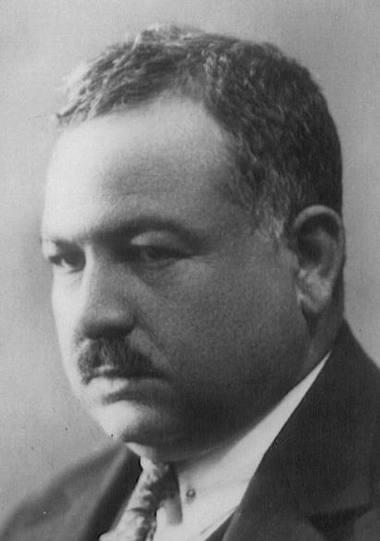Narrating the East: The Life and Works of Muḥammad Luṭfī Jumʿa
A new PhD project with Mattias Gori Olesen studies the life and works of the Muslim Egyptian anti-imperialist intellectual Muḥammad Luṭfī Jumʿa (1886-1953).

The scarce secondary literature often points to Jumʿa’s progressiveness and anticipation of later intellectual trends: Jumʿa’s history and veneration of the classical philosophers of Islam anticipated trends among the later turāth-intellectuals, as well as his Easternist call for a united ‘East’ shows similarities with later third-worldism. Hence, the project endeavours to contribute to our understanding of the development, and interplay, of these two intellectual trends throughout the 20th century, as well as it provides a much-needed study of a notable intellectual. Specifically, the project approaches Jumʿa’s autobiographical and historical writings through critical narrative inquiry asking how he imagined his own life narrative and how he constructed broader cultural narratives of Egypt, Islam, Arabs and the East. It is hypothesized that Jumʿa narrates ‘the East’ – from Ethiopia and Egypt over India to China and Japan – as one entity that, if united and connected to their classical heritages, could stand up against the Western colonizers.
